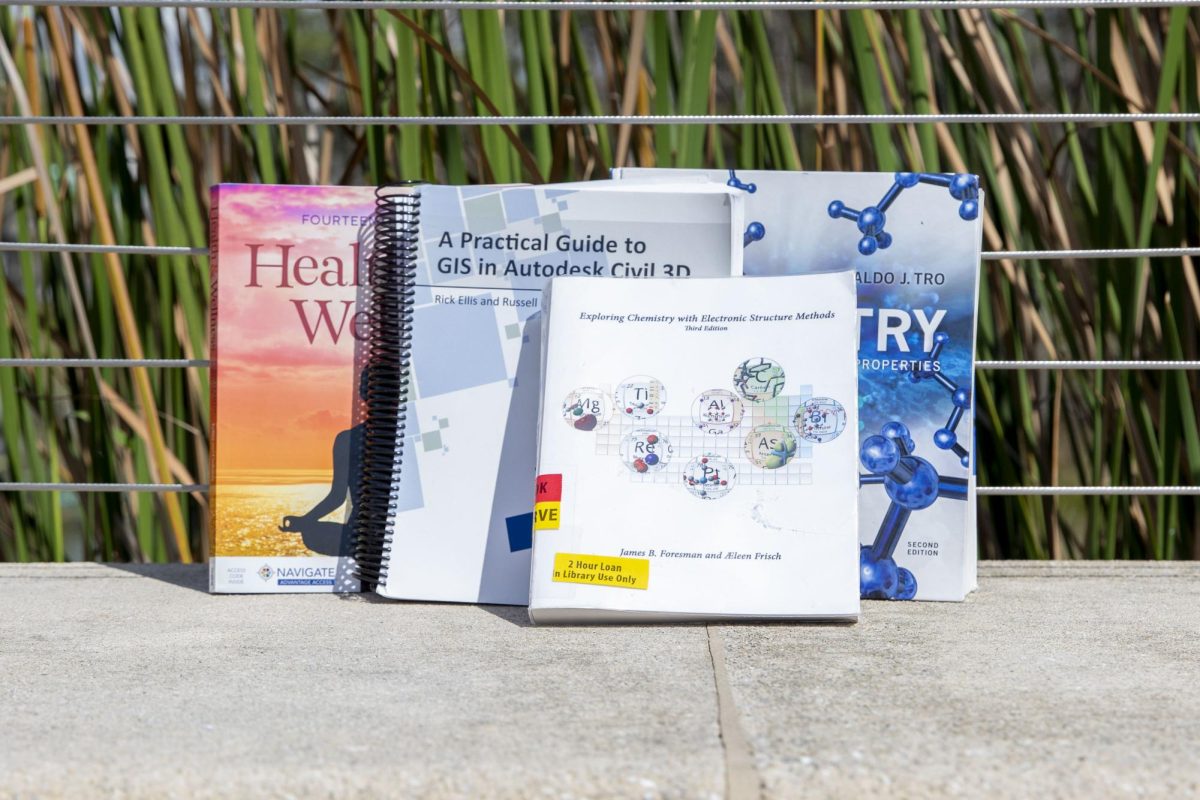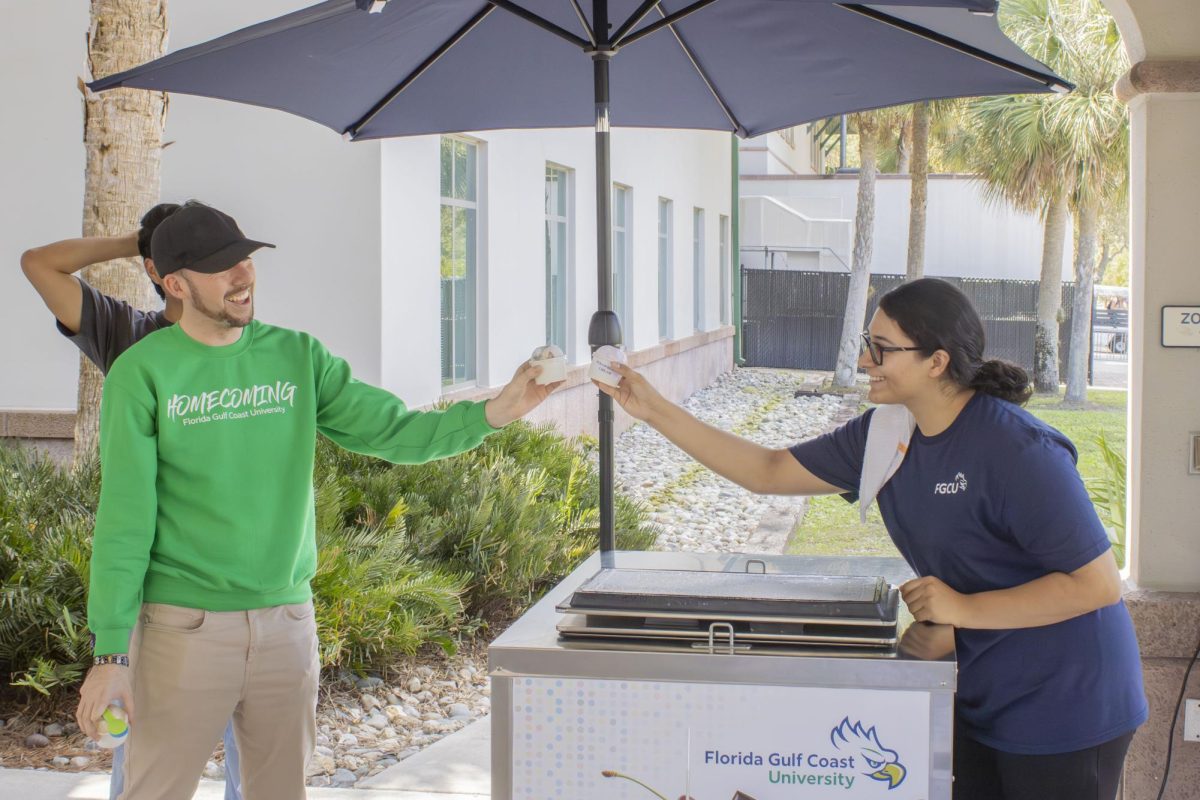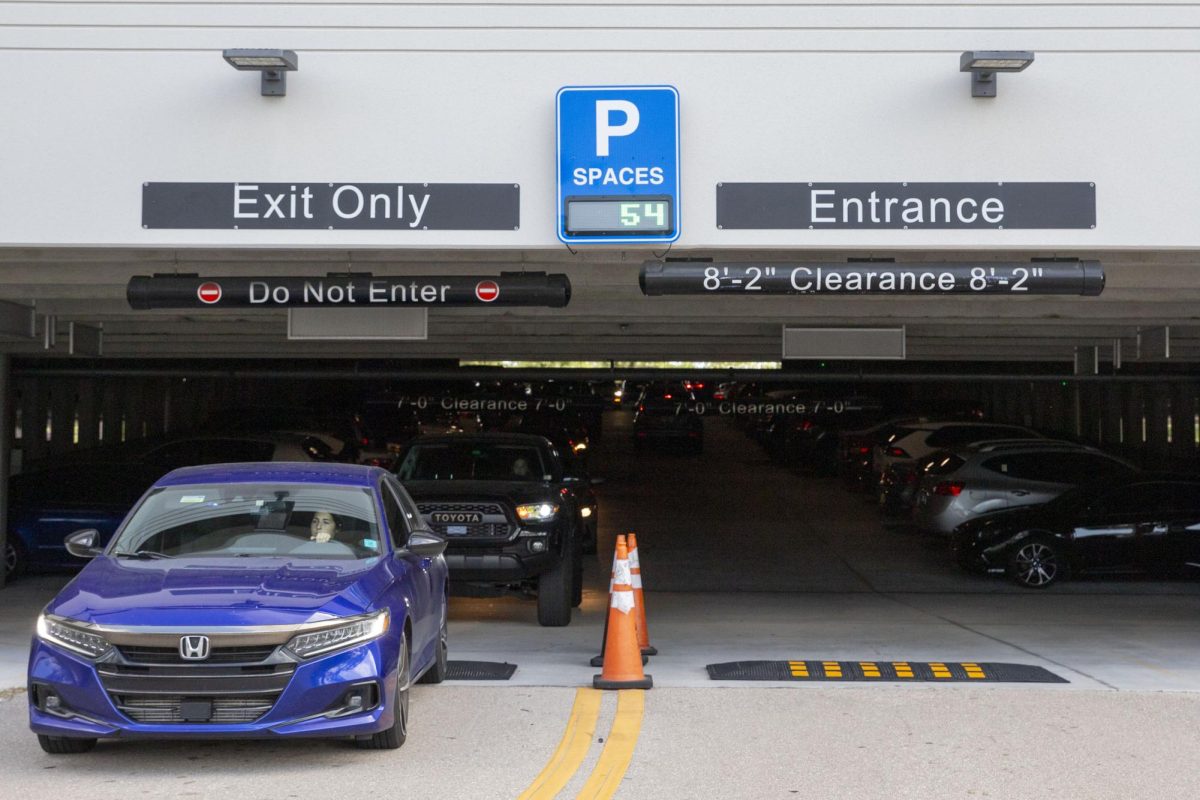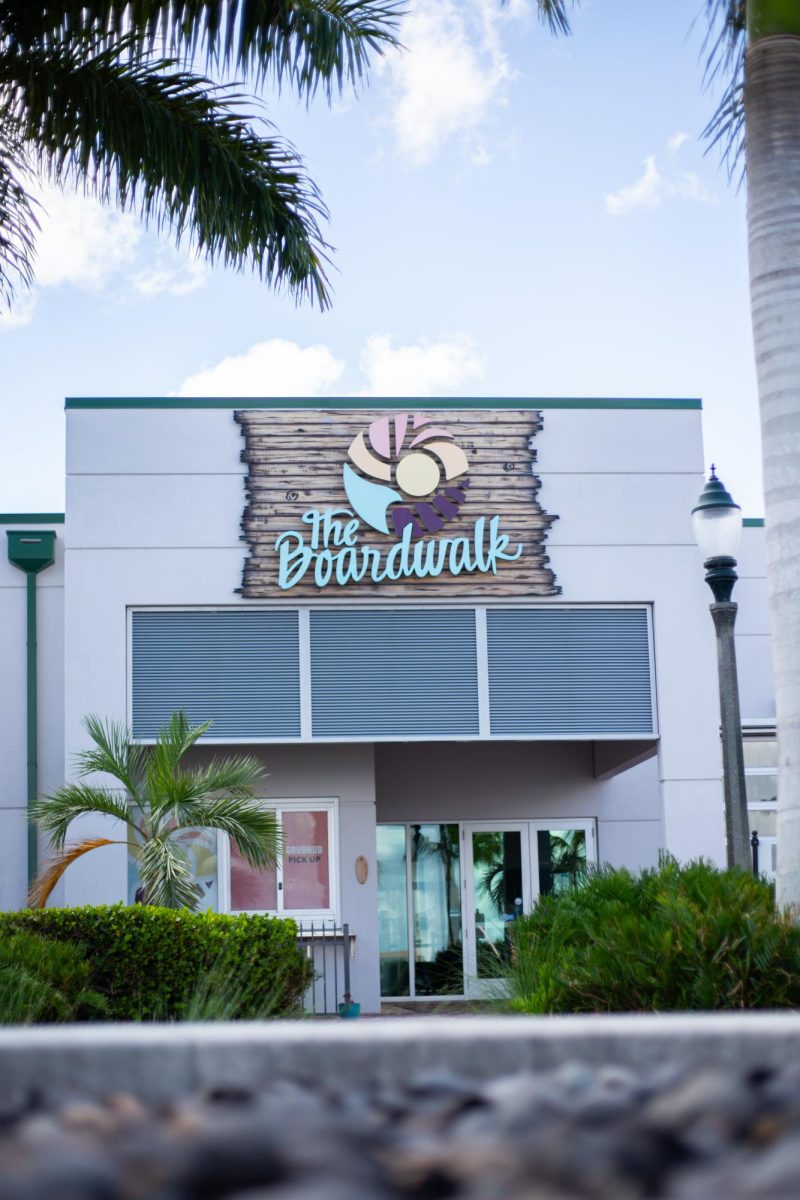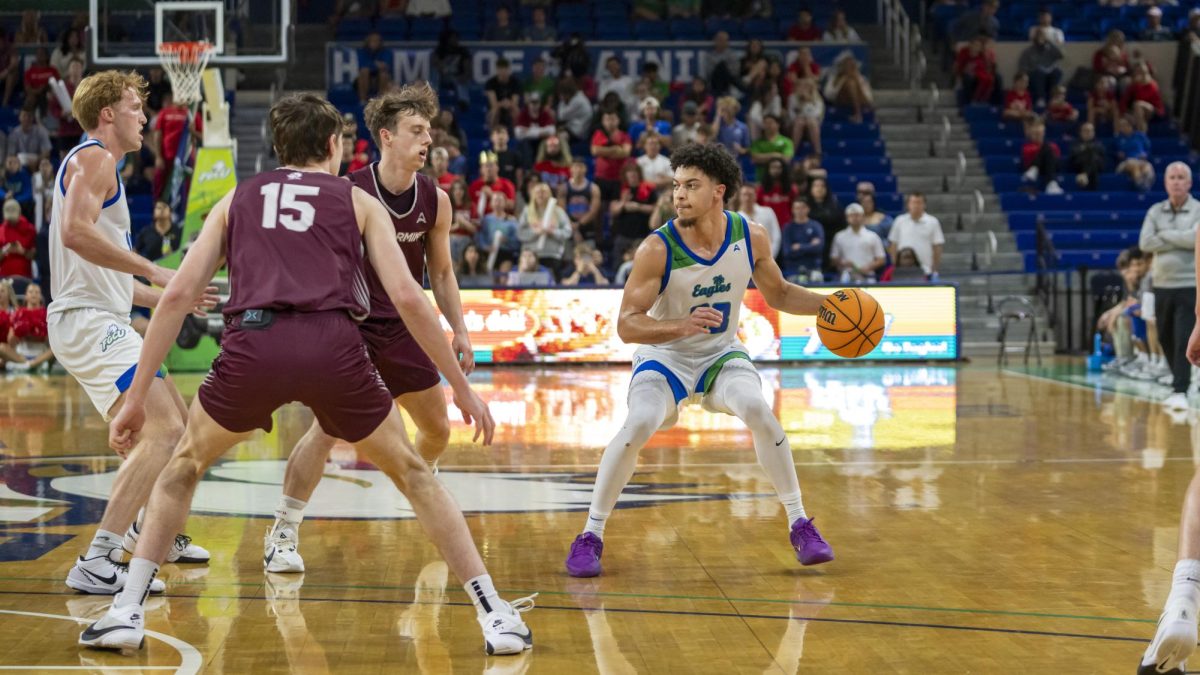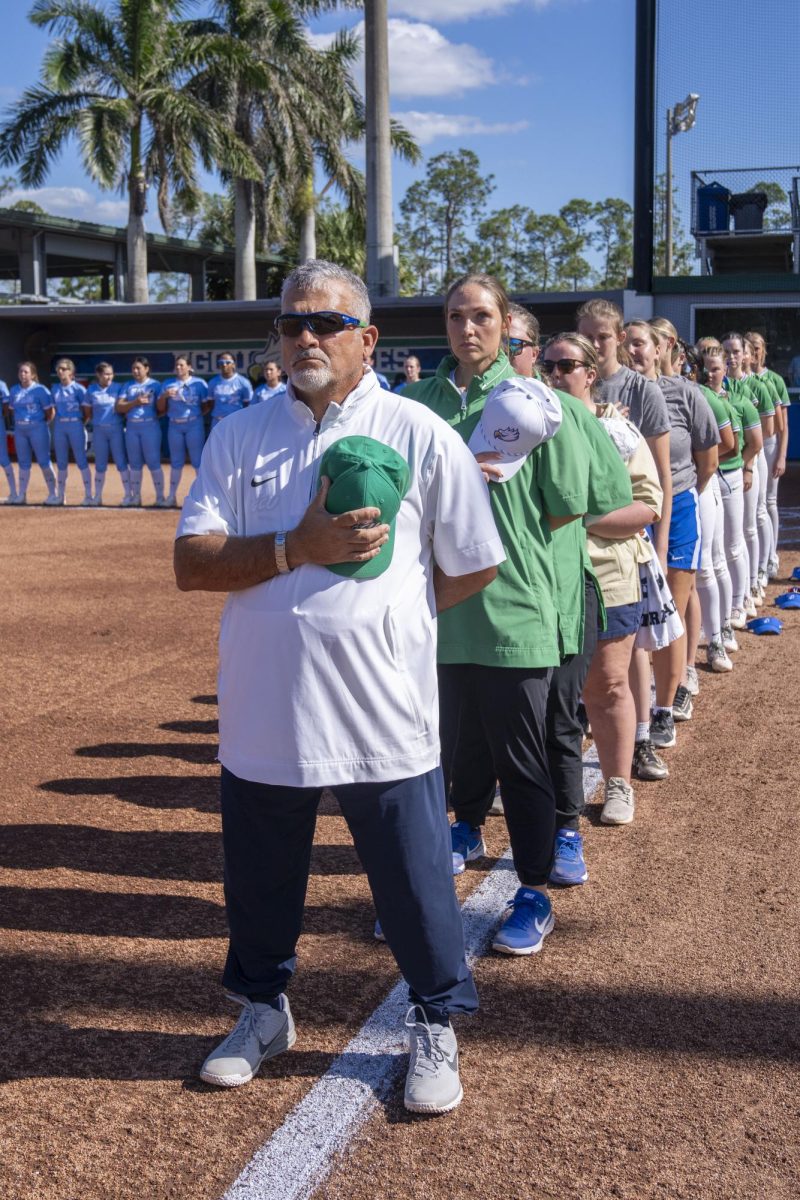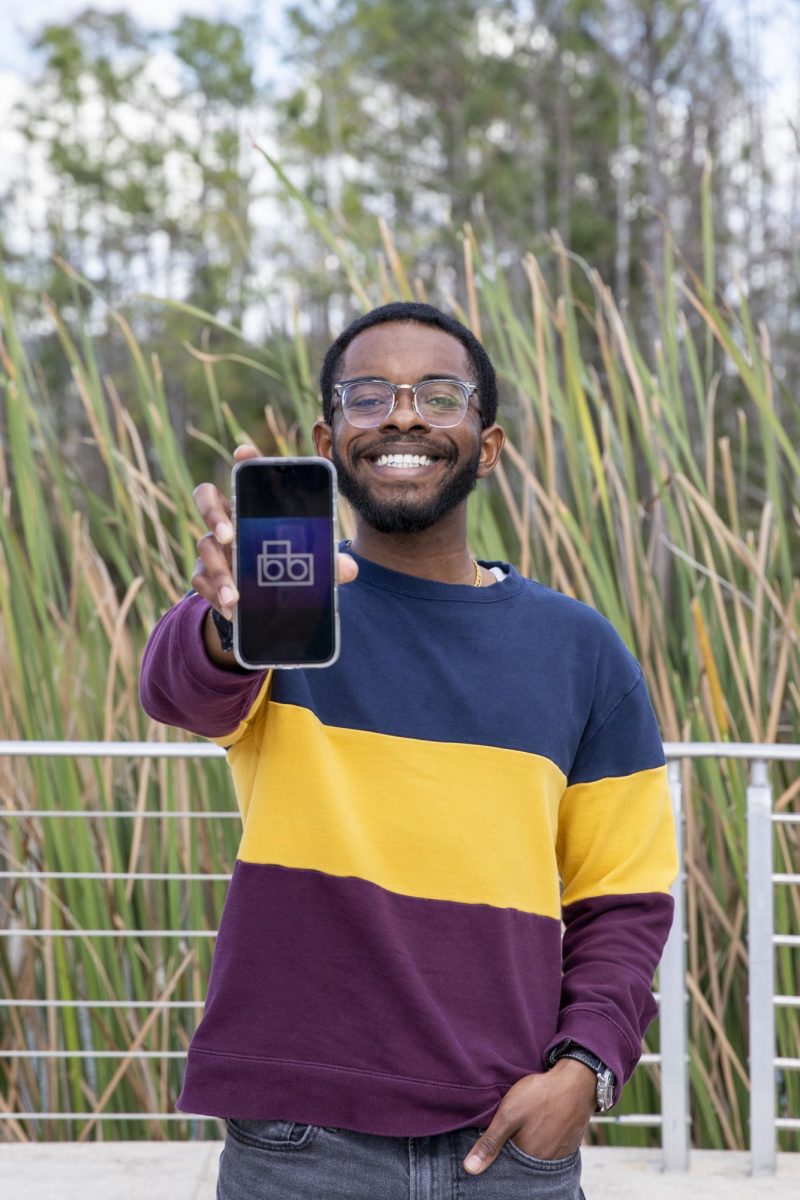Florida Gulf Coast University is now the first institution in the state of Florida to receive a Sustainability Tracking, Assessment and Rating System 2.0 Gold award in recognition of achievements in sustainability from the Association for the Advancement of Sustainability in Higher Education (AASHE).
The STARS 2.0 Gold award focuses on an institution’s all around sustainability. According to a press release from FGCU’s Office of Media Relations, these ratings look at operation, academics, student involvement and administration. These are measured both quantitatively and qualitatively as the ratings evaluate both aspects of environmental efforts and community health.
The award comes from the AASHE report. FGCU has been a member of AASHE since 2006, and in 2011 received a silver award. In order to get these awards, representatives such as Katie Leone, FGCU’s Environmental Stewardship and Sustainability Coordinator, take time each year to calculate and evaluate criteria from STARS.
“It’s been a collaborative effort between institutions all across the country to come up with the framework and what it is,” Leone said.“Five to seven years ago everyone was measuring and talking about sustainability differently. STARS is the one report that is starting to be widely adopted by all in this country, and now this year, internationally.”
AASHE acts as a means of communication and awareness between schools.
In the press release, Leone referred to it as “ a collaborative platform through which we learn from other institutions and are acknowledged for leadership.”
The main objective of AASHE is to build a community, and keep record of where schools and universities are at in terms of sustainability. It not only allows schools to grow from each other but for data to be collected and reported on by organizations like The Princeton Review and Sierra Club every three years.
FGCU received the award for many reasons but scored highest in academics, earning a near perfect score of 54 of 58. This is because most departments are an active part of sustainability efforts via curriculum or hands on interaction.
Other aspects include registered student organizations promoting sustainability, service learning projects, efforts to help stabilize climate and become carbon neutral by 2050, perusal of biodiversity through regular monitoring and use of ecologically friendly fertilization methods.
Categories:
Bringing home green gold
September 3, 2014
Story continues below advertisement
0
Tags:
More to Discover

